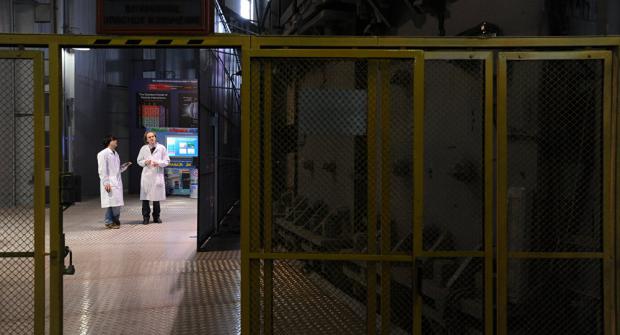
Breaking News
 Brand New Solar Battery With THIS Amazing Feature! EG4 314Ah Wall Mount Review
Brand New Solar Battery With THIS Amazing Feature! EG4 314Ah Wall Mount Review
 This New Forecast Just Got WAY Worse...
This New Forecast Just Got WAY Worse...
 S3E4: The Freedom Movement Funded Its Own Prison
S3E4: The Freedom Movement Funded Its Own Prison
 Dan Bongino Gets DESTROYED By Dave Smith & Ducks Debate!
Dan Bongino Gets DESTROYED By Dave Smith & Ducks Debate!
Top Tech News
 The day of the tactical laser weapon arrives
The day of the tactical laser weapon arrives
 'ELITE': The Palantir App ICE Uses to Find Neighborhoods to Raid
'ELITE': The Palantir App ICE Uses to Find Neighborhoods to Raid
 Solar Just Took a Huge Leap Forward!- CallSun 215 Anti Shade Panel
Solar Just Took a Huge Leap Forward!- CallSun 215 Anti Shade Panel
 XAI Grok 4.20 and OpenAI GPT 5.2 Are Solving Significant Previously Unsolved Math Proofs
XAI Grok 4.20 and OpenAI GPT 5.2 Are Solving Significant Previously Unsolved Math Proofs
 Watch: World's fastest drone hits 408 mph to reclaim speed record
Watch: World's fastest drone hits 408 mph to reclaim speed record
 Ukrainian robot soldier holds off Russian forces by itself in six-week battle
Ukrainian robot soldier holds off Russian forces by itself in six-week battle
 NASA announces strongest evidence yet for ancient life on Mars
NASA announces strongest evidence yet for ancient life on Mars
 Caltech has successfully demonstrated wireless energy transfer...
Caltech has successfully demonstrated wireless energy transfer...
 The TZLA Plasma Files: The Secret Health Sovereignty Tech That Uncle Trump And The CIA Tried To Bury
The TZLA Plasma Files: The Secret Health Sovereignty Tech That Uncle Trump And The CIA Tried To Bury
Harnessing the Power of Siberia: Physicists Creating Matter-Antimatter Collider

Budker Institute of Nuclear Physics Deputy Director Yevgeny Levichev discussed Russian physicists' ambitious plans with Russia's RIA Novosti news agency on Tuesday.
The Institute plans to create the Super Tau Charm Factory, a particle accelerator which would study the collision of beams of electrons (matter) and positrons (antimatter) in an effort to help to identify phenomena and processes beyond the Standard Model of particle physics.
Commenting on the progress that has been made in the construction of the nuclotron-based ion collider project at Dubna, Levichev noted that this was the first of six government-approved mega-science projects to receive funding. "This gives rise to hopes that our project too will be implemented," he said.
The physicist explained that during their work on the Dubna project, he and his fellow scientists have discussed the prospects of uniting the efforts of all of Russia's physics institutes to help implement these kinds of projects. "I hope that by uniting, we will have a greater capability to push projects through," Levichev noted.

 Nano Nuclear Enters The Asian Market
Nano Nuclear Enters The Asian Market


